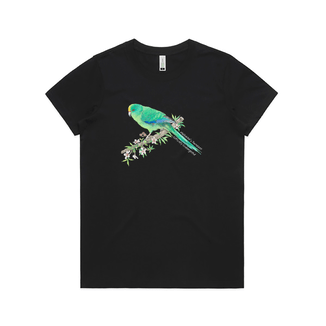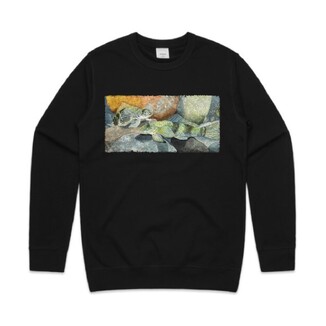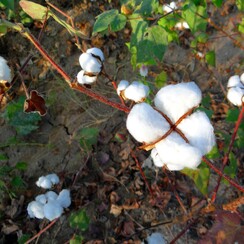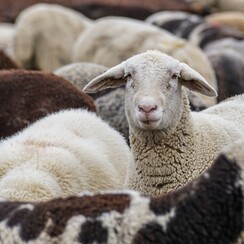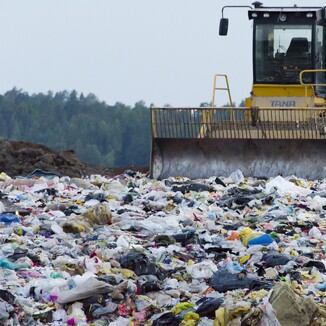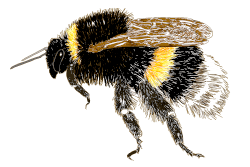The Aim: Eco-Friendly, Natural, Ethical = GUILT-FREE
Timeless, slow fashion garments, accessories and homeware that share the conservation message
Since I paint endangered species, which are often affected by pollution and habitat destruction, it is ethical to ensure that my products are:
- Consistently raising awareness of threatened species.
- Created from natural fibres or products, which are not pollutive.
- Eco-friendly: producing little or no pollution during manufacturing and do not pollute when washed and finally disposed.
- Biodegradable.
- Healthy for the customer wearing or using them.
- Sustainable.
- Durable – natural fibres last longer than man-made (synthetic, plastic fibres).
- Where possible, are organic – just as nature intended, and not impregnated with nasty pesticides/herbicides, toxins, etc.
- Excellent quality, so that the merchandise is well worth the cost.
- Manufactured locally and/or through ethical manufacturers who do not exploit their labour force.
- Beautiful but useful – it is possible to create products that have both characteristics.
- By purchasing cotton garments, we are supporting farmers rather than fossil fuel industry.
My aim is to produce GUILT-FREE products that only positively impact customers, wildlife and the planet.
ECO-FRIENDLY, NATURAL, ETHICAL!
Eco-Friendly - biodegradable, non-polluting, sustainable, positive impact on conservation & the environment
Natural Fibre - organic, natural, biodegradable, healthy
Ethical - agriculture, manufacturing, purchasing, disposal
DID YOU KNOW...
Synthetic (plastic) fibres were created for several good reasons. They are not susceptible to moth damage, dry quickly, crease less (making them immensely popular with those who hate ironing), are cheap and not dependant on successful fibre crops and harvesting.
They are, however, unhealthy for humans, as they:- Are ‘airtight’ and prevent skin from breathing, leading to clogged pores and skin infections.
- Create nanoplastics, through friction during washing, and while wearing the garment. Even handling or touching these fabrics in your clothing or cloths can cause microscopic particles to be inhaled, transferred to your hands, and then be ingested causing several severe health issues, including cancers. Microplastics are being found in the placentas of prebirth babies and in new-born babies.
- Cause air, ground and water pollution through their manufacturing process.
- Create air, ground and water pollution through their disposal.
Further Information
1. Blog - The decision to only sell natural fibre merchandise on this store and why it costs more than less eco-friendly products.
2. Blog - Why I decided to wear natural fibre clothing going forward and why I only sell natural fibre clothing on Bumble-Bees Art and Crafts.
3. Blog - Why I decided to embrace useful, beautiful items and create products that stand the test of time.

